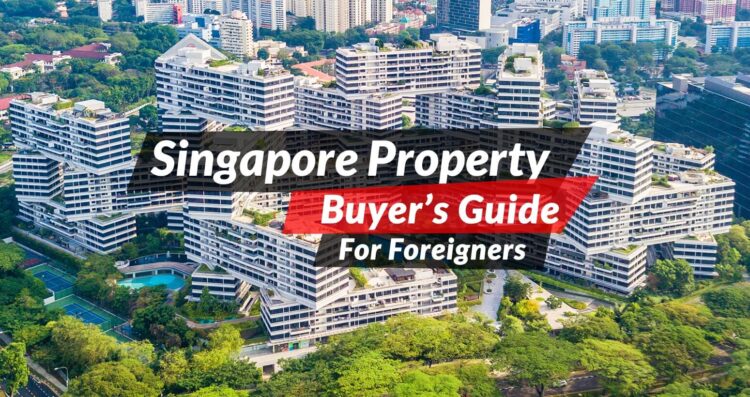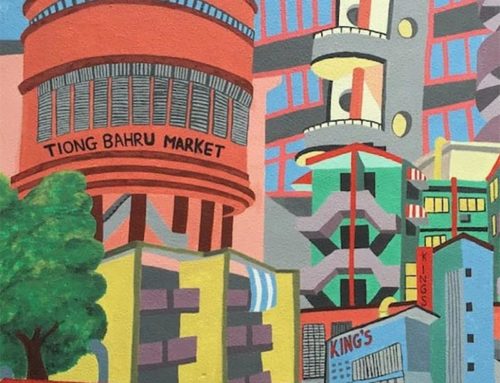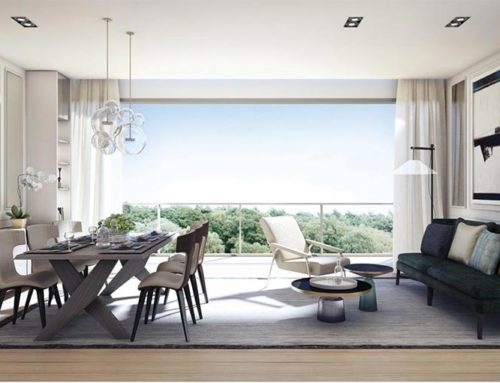Singapore is a business hub and home to a number of global corporations. Singapore, as a well-developed industrial metropolis in the heart of Asia, is home to some of the world’s most prestigious companies and businesses, making it a particularly appealing base for foreigners and expatriates. Singapore is one of the most expensive cities in the world to live in due to its massive commercial, industrial, and financial vitality. Singapore’s economy is relatively stable, and it continues to be a favorite choice for business-minded expats and foreign investors. Trendy villas and residences can be found in freshly created districts such as Avenue South Residence and Amber Park. Beautiful waterfront developments can be found in the suburbs.
If you are a foreigner considering relocating to Singapore for job or business, you should research the cost of living in the city-state.
When you decide to relocate to Singapore, one of the most important considerations is housing.
Singapore’s real estate market is quite expensive, and prices vary depending on amenities, luxury, class, and type of residence.
These are some of the questions that may come to mind once you’ve decided to relocate to Singapore:
- Where will I make my home?
- Is it possible for me to purchase a home in Singapore?
- Which it preferable, to buy or to lease?
Here here’s the kicker:
If you intend to stay in Singapore for a long period, it is preferable to purchase a new home. (long-term rental vs purchase fees)
Singapore is a well-organized city, and all foreigners must meet certain requirements before purchasing a home.
Furthermore, there are specific restrictions on the kind of houses you can purchase, necessitating a thorough understanding of the procedures involved in purchasing a new home in Singapore.
About Singapore’s Property Market
Singapore’s property market is vast, but it took a leap forward in 2009, with residential apartment prices rising by 38.2 percent in the second quarter of 2010. The market became extremely expensive, and the Singaporean government soon intervened to bring the price down. One of these steps was to complicate the process of obtaining a mortgage. Another wise move was to raise the stamp duty fee after each acquisition.
These were some of the factors that helped to temper the steep rise in home prices. The market also saw some price swings on a regular basis.
Property prices in Singapore had declined by 1.8 percent by the end of the first quarter of 2016. After a 3% dip in 2015, this is a significant improvement. Singapore’s government places a high importance on the real estate industry and ensures that it is properly regulated. Changes in the real estate market have a significant impact on Singapore’s entire economy. Singapore’s real estate business is notable for its inherent and consistent stability, which makes it a safe haven for both local and foreign investors.
What are the most common types of property in Singapore?
Singapore’s real estate market has seen a lot of growth. A larger portion of Singapore is urbanized, leaving only a small amount of land for residential activity. In urban regions, there will be a profusion of apartments, condos, and flats to pick from.
You can buy a condo as a foreigner, subject to certain restrictions, but you won’t be allowed to buy land. (See below).
Surveying a property is one of the first things you should do beforehand. Although the law does not compel you to study the property before purchasing it, due diligence is always an essential aspect to satisfactory investment/purchase.
Is it possible for foreigners to invest in Singapore real estate?
Because of the intricacies of the Singaporean market, foreigners must be aware of the many restrictions in the market before proceeding to purchase any property. Foreigners can buy new buildings and condos in Singapore under the Residential Property Act. However, this only applies to structures with no more than six stories. Purchasing land is a significantly more difficult procedure.
As an expatriate, you are more likely to run into problems with foreign exchange; as a result, when you’re ready to buy a home in Singapore, you should seek guidance from local real estate professionals.
What are the must-dos for a foreigner looking to buy a home in Singapore?
If you rush to acquire a home in Singapore without first consulting a lawyer/local property consultant, you may find yourself in legal danger. They must be a Singaporean who is familiar with the country’s property laws.
You must first educate yourself about mortgages before deciding which one is ideal for you. This will help determine your budget.
Here are some important tips:
- Hire a local property agent / lawyer, you can trust.
- Select the property that you want.
- Make offers, and once the seller agrees to sell to you, proceed to payment.
- Pay a visit to the banking institution to finalize the mortgage.
- As soon as the Lawyer has finished setting up the choices, double-check that the seller is the legal owner of the property.
- Check to see if you can lawfully sell the property.
- It’s critical to reserve the property, so go ahead and pay the 1% optional charge now.
- Complete the payment in two weeks and then continue.
- Contact your attorney and request that he draft a paperwork for the transfer of ownership of the property’s title.
- Both the buyer and the seller must sign this.
- The Lawyer arranges the documentation for the transfer of property title.
- More importantly, the lawyer must properly register the sale.
Important Disclaimer
As specified in our Privacy Policy, ‘Nothing in the Site constitutes professional and/or financial advice, nor does any information on the Site constitute a comprehensive or complete statement of the matters discussed or the law relating thereto.’


